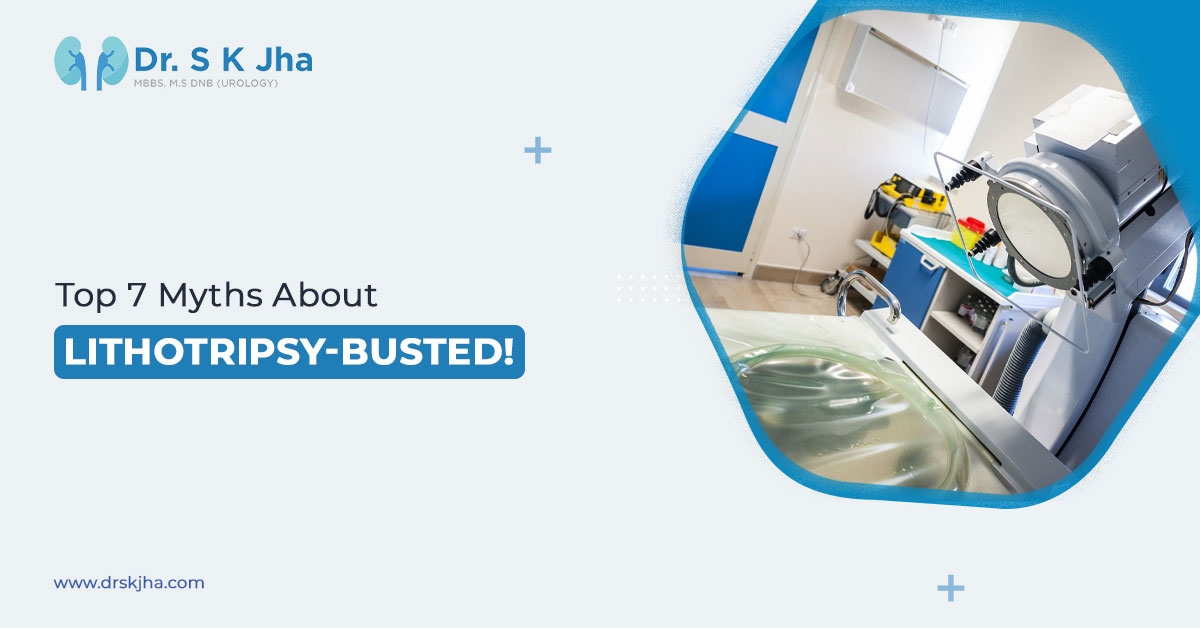Urological oncology is a medical field that deals with the diagnosis and treatment of cancers related to the urinary tract as well as the male reproductive organs. Uro-oncology specialists are trained to not only treat but also guide patients in their healing journey.
In a country where healthcare infrastructure is rapidly evolving, finding the right specialist can significantly impact treatment outcomes. If you are looking to consult with a uro-oncologist in Siliguri, it is important to understand their role in your treatment first. In this blog, we will be discussing their role in oncology as well as the methods they use to offer solutions.
What are urological cancers?
Urological cancers affect the regions of the urinary system, such as the kidney, urethra, and urinary bladder. Along with these, they also include organs in the male reproductive system, such as the prostate and testicles.
Let us understand some of the most common urological cancers treated by uro-oncologists:
Prostate cancer: This affects the prostate gland and causes abnormal growth of cells in the region. In most cases, these can be identified quickly.
Bladder cancer:In this cancer, the urinary bladder is affected with malignant growth on the inner lining of the organ.
Testicular Cancer:Targeting the testicles, this cancer forms tumors in the organs, which causes the formation of bumps and lumps. This cancer is rare but can spread to other regions rapidly.
Kidney cancer:In this, there is an abnormal growth of cells, but it is usually discovered easily for treatment.
What Does a Uro-Oncologist Do?
Uro-oncologists are specialists who have studied the field of urology and have gained additional training in oncology, which allows them to understand urological problems while also seeing them through the lens of an oncologist. Some of their responsibilities encompass
Diagnosis: Through tests such as CT scans, MRIs, and biopsies. It is the responsibility of the top uro-oncologist in Siliguri to detect any possible cancer and confirm it for further treatment.
Treatment planning: After gaining information regarding the status of the cancer, it is the responsibility of the specialist to provide their patients with an appropriate treatment plan. This plan must ensure successful results and include the preferences of the patients.
Surgical intervention: After the plans have been made, the uro-oncologist is also responsible for providing surgical interventions. Some common surgeries would include prostatectomy, nephrectomy, and cystectomy.
Follow-up and Aftercare: After the treatment is completed, it is the responsibility of the doctor to look after the recovery of a patient. Through follow-ups and aftercare checkups, specialists need to monitor recurrence and manage long-term side effects of cancer treatments for patients.
By consulting with a uro-oncologist in Siliguri, you can get access to cutting-edge treatment options without the need to travel to metropolitan centers.
When Should You See a Uro-Oncologist?
While you can visit uro-oncologists for any urological problems, there are some symptoms to look out for with urological cancers. Some of the most common warning signs would be
● Lumps in the testicles
● Persistent lower back pain
● Painful urination
● Blood in urine
● Erectile dysfunction.
With early consultations, most of the urological cancers can be treated effectively. Early intervention, expert guidance, and effective treatments can increase the chances of successful recovery.
Conclusion
Uro-oncology is a critical field that blends surgical precision with comprehensive cancer management. The uro-oncologist’s role is not just to treat but to guide patients through every stage of their cancer journey—from diagnosis and treatment to rehabilitation and long-term care.
If you or a loved one is facing a diagnosis related to the urinary or male reproductive system, seeking a consultation with a uro-oncologist in Siliguri could be the first step toward recovery and peace of mind.




